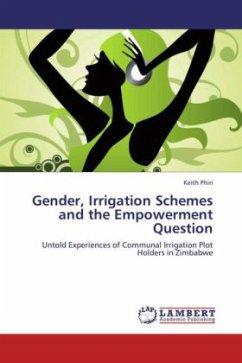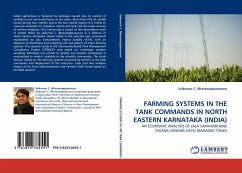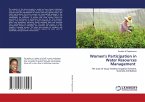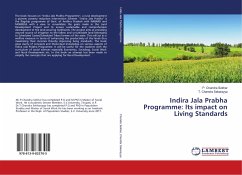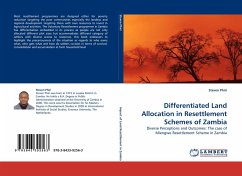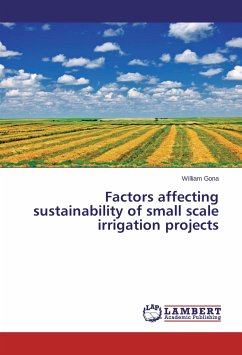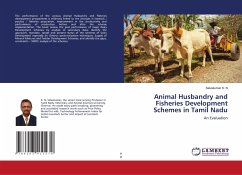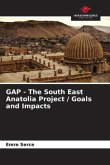Many irrigation schemes and land reallocation projects have failed to incorporate appropriate gender strategies in design and implementation.In many cases in Africa in general and in Zimbabwe in particular women's access to land for agricultural activity are intertwined and interwoven by patriarchal stereotypes and attitudes. The perceived benefits of communal irrigation schemes are normally piecemeal, unsustainable and are an albatross in the neck of women's economic empowerment. From the case study approach,this book reveals that women contribute more labor than men and yet they remain marginalized,impoverished and subjugated in their own schemes which seek to empower them. Decision- making in terms of land ownership, choice of cropping patterns and utilization of income accrued from the scheme is predominantly biased towards men.The government,NGOs and other stakeholders need to take drastic measures to ensure that policies and programmes to be implemented are gender-sensitiveand realistically address the concerns of women sustainably.
Bitte wählen Sie Ihr Anliegen aus.
Rechnungen
Retourenschein anfordern
Bestellstatus
Storno

